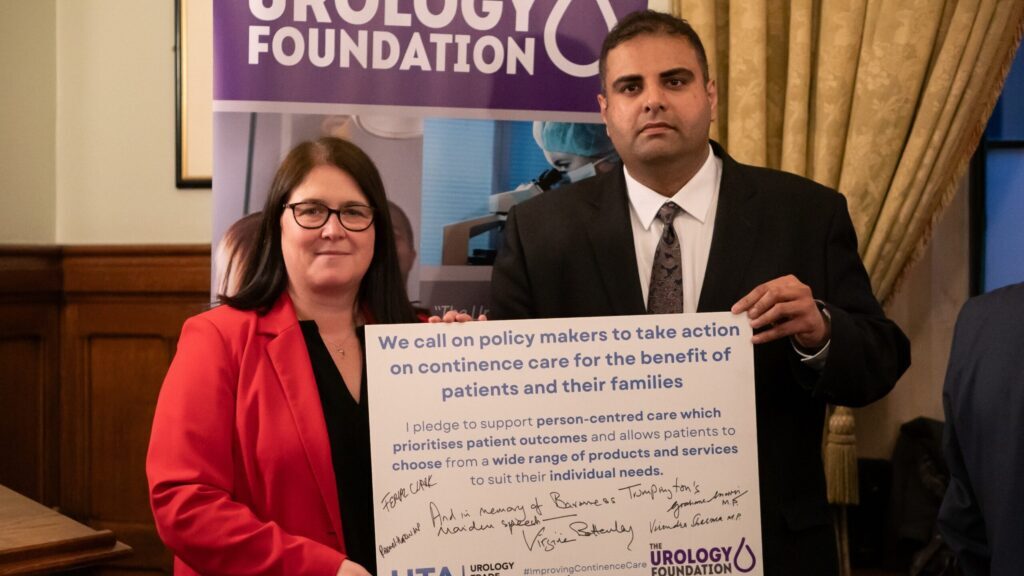Experts pan government’s progress on NHS and social care workforce commitments
Independent experts tasked with assessing the government’s progresses against commitments it has made concerning the NHS and social care workforce have rated progress as inadequate.
An expert panel looked at three policy areas in particular: planning for the workforce, building a skilled workforce, and wellbeing at work including reducing high rates of bullying in the NHS.
On workforce planning, the experts found no evidence that targets for staff numbers were linked with patient and service need and little evidence of social care workforce planning at a local or national level. According to many stakeholders the panel heard from, the lack of workforce planning by the government is having a negative impact on recruitment and retention in both sectors.
On building a skilled workforce, the government is unable to give a breakdown of spending for social care to demonstrate how the extra £1 billion committed annually was spent on additional social care staff, better infrastructure, technology and facilities.
Regarding wellbeing at work, rates of bullying, harassment and abuse in the NHS remain “concerningly high” with more than one in four NHS staff experiencing at least one incident of bullying in the preceding 12 months. The NHS estimates that bullying costs more than £2 billion a year, however investment in tackling it falls woefully short for the scale of the task.
Professor Dame Jane Dacre, chair of the expert panel, said: “We could not give the government any higher than an ‘inadequate’ rating on its overall progress in meeting its own targets set for the NHS and social care workforce. We were unable to rate progress on any of the individual commitments we evaluated as good.”
“Rates of bullying in the NHS are far too high, and we found measures to tackle the problem were either inadequate or require improvement.
“Worryingly, our evaluation found that overall progress on all the government commitments we looked at which involved social care, was inadequate.
“In terms of learning how better to support staff, the government has underestimated the complexity of the fragmented delivery model in the social care sector and failed to put a mechanism in place to listen to their views.”
Kirsty Matthews, chief executive of learning disabilities charity Hft, cimmented: “The report highlights again that the government’s progress in meeting its key policy commitments regarding the social care workforce are wholly inadequate. This must be addressed urgently.
“The workforce crisis in the health and social care sector is getting worse by the day and there is no reliable government strategy to mitigate the effects of this, which include the fact that social care providers are facing a perfect storm as they are forced to turn down admissions to services and even shut services altogether.
“Independent research commissioned by Hft showed that almost all providers reported an increase in vacancy rates during 2021, with the average turnover rate standing at 20%. This is echoed in the committee’s projections that an extra 490,000 jobs will be needed in social care by the early part of the next decade to cope with demand.
Pay is one of the most cited factors when it comes to recruitment and retention in social care and this is confirmed by government analysis which estimates more than 17,000 jobs in care are paid below the minimum wage. However, our research showed that 80% of those providers surveyed say the fees they receive from local authorities to deliver care is not enough to cover their wage bills, and that one in 10 providers will need to cover 20% of their wage bill from their own reserves, rather than through fees paid by local authorities to deliver the right standard of care to those they support.
“A brave plan must be put in action immediately to ensure that the social care workforce crisis is properly addressed in the short and long term. This should include drawing down additional funds from the Health and Social Care Levy to ensure local authorities can pay providers a fair amount for the care they provide, which fully covers increases in the National Living Wage and recognises the cost of inflation. In the long term, the introduction of a fully funded minimum pay rate for social care needs to be considered.
“Whoever is elected, the new prime minister must address the crisis in the social care workforce as a priority when they take office. Not only is this vital for the future of our social care sector, but also our health service, which relies heavily on being able to allow people to return home with all the support they need to live healthy and fulfilled lives. However, without sufficient capacity in our social care system, this becomes impossible, with the future of these interdependent sectors – and the government’s integration agenda – increasingly at risk.”
The Independent expert panel comprises Sir Robert Francis, Professor John Appleby, Anita Charlesworth, Professor Stephen Peckham, and specialist members on workforce issue include Professor Carol Atkinson, Professor Shereen Hussein, Professor Alison Leary and Professor Jill Manthorpe.
Read the report here



